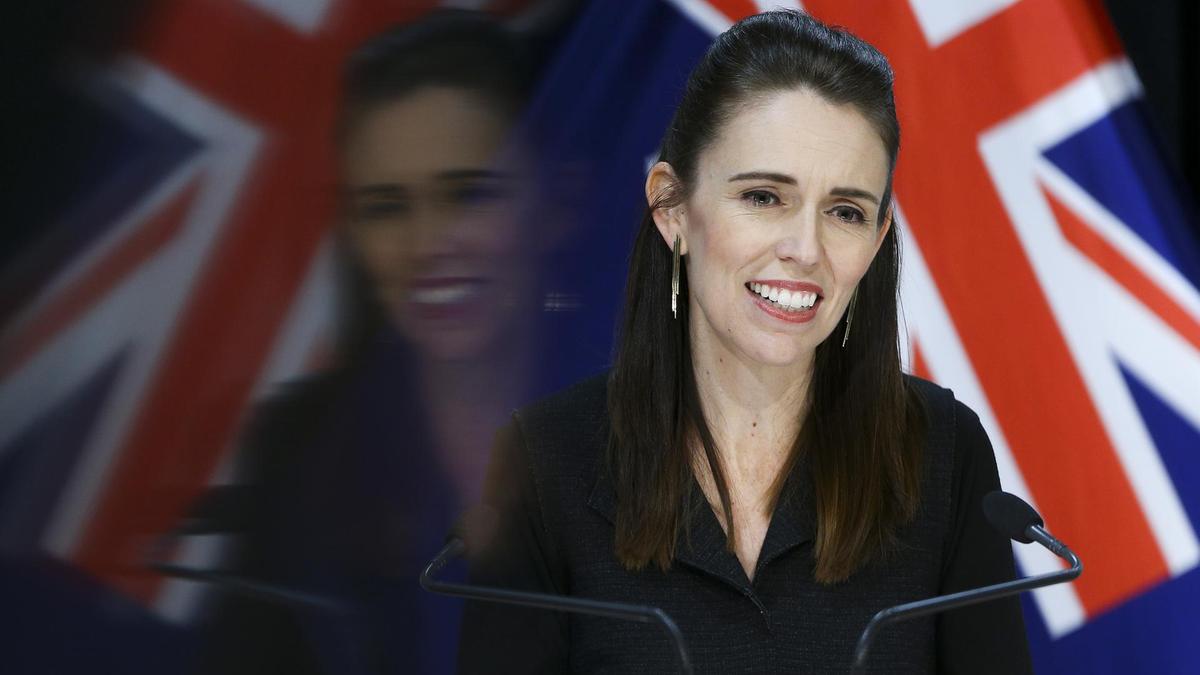Article

When the pandemic recedes, the world may see the rise of new soft powers
How magnetic are our countries? Soft power has not been – understandably – at the top of our minds during the pandemic. But it has not gone away. This will be a defining period for national identities, as many of us are more attuned to what is happening globally and have more time to absorb it.
The reputation of nations has been put under the microscope. Were they efficient in responding? How did their populations react? Were they led by reason or emotion? What did they prioritise in the response? All of that will resonate for years in the league tables of soft power. There will be winners and losers. China’s positioning will be especially interesting to watch.
I think there are fundamental ways that soft power will be changed by the 2020 pandemic.
The virus has in many ways reinforced our perception of national brands. Some governments were secretive and authoritarian, as expected.
Others proved unwilling or unable to move quickly to build consensus for social distancing or lockdowns.
But where it will have most impact will be when countries defied national stereotypes: are some countries as competent as they and the world think? And what about countries like Jordan, Vietnam and New Zealand that did much better than expected?
Hard power changes will also inevitably have a knock on impact on smart power. Where economic crashes as a result of Covid-19 are more severe, they will both damage national reputations and mean that there is less resource for managing the national brand.
Covid-19 will also change which aspects of national magnetism matter most. In the future we are more likely to head to places that have strong, fair, efficient health systems and a decent broadband connection.
But are we going to want to spend holidays and working lives, time and money in places with more or less dense populations? Will future migration be towards or away from freedom? Will we want to move towards or away from countries that will choose to tax hard to protect jobs during the next virus?
And will as many countries still even want to be magnetic? Some national distancing will remain even once the social distancing is over. America under President Trump has often been deliberately repellant, making it harder for citizens of Muslim or African countries to visit. The virus might become another weapon in the armoury of those who believe that the answer to the 21st century is to build a higher wall.
Ironically, a pandemic that exposes the weakness of systems for international co-operation could therefore reinforce nationalism, isolationism and populism. Countries may become more autarkic, seeking to reduce dependence on international trade.
They will rethink the supply chains that become so fragile in a pandemic. And they will have to divert resources from international to national issues.
Some aspects of soft power have become more important during the crisis, especially education and culture. Where did people gravitate towards for learning resource and methodology (and ultimately credible assessment)? Which films and music dominated our additional time online? These trends will influence our perception of national brands.
It is too soon to say whether trust in governments will rise or fall in the longer term. But the role of individual leaders will be more influential than before in how we rate countries in the immediate term.
Many leaders, with Jacinda Ardern the best example, are rising to the challenge with empathy, reason and solidarity. Clearly some are not, either burying their heads in the sand, challenging science, communicating erratically or scapegoating. One leader is even doing all four.
The craft of promoting our countries has also been fundamentally changed. One top diplomat this week told staff that working practices would never return to what they were. 'Covideoconferencing' and 'Covidiplomacy' have shown officials that they can work effectively in more agile and technology-backed ways.
Some countries have started to sell their tourism as an online experience. This may continue even when we can once again sip a coffee in a Paris cafe or climb Mount Kilimanjaro.
Another key driver of national credibility is the way that states are perceived to act in the world. Post Covid-19, there are new vacancies for countries to show the positive influence that drives up soft power influence.
Once diplomacy comes back properly, those who coped best with the virus might have more bandwidth to engage, gaining soft power. Those most dependent on global trading network will need to be more energetic than before.
The crisis has shown that there is such a thing as global society. There are two crucial moments this year that have a vacancy for leadership: the 75th anniversary of the UN and the G20 Summit in Riyadh in November. Maybe Covid-19 could become the biggest boost for international solidarity since the Second World War. But which countries will step up?
Finally, as the UAE has shown, humanitarian diplomacy – or in this case, health diplomacy – has become much more important as a way of demonstrating a country’s values. Sending swift, much needed health supplies is a great way to demonstrate both solidarity and efficiency.
In the last decade, countries have realised the benefit of becoming soft power superpowers, and have spent more time and energy shifting the way the world sees them. When we emerge after Covid-19, we will discover that this landscape – like so many others – will have dramatically changed. There is all to play for.
Photo description / credit: New Zealand's Prime Minister Jacinda Ardern is a fine example of a leader rising to the Covid-19 challenge with empathy, reason and solidarity. Hagen Hopkins / Getty.

